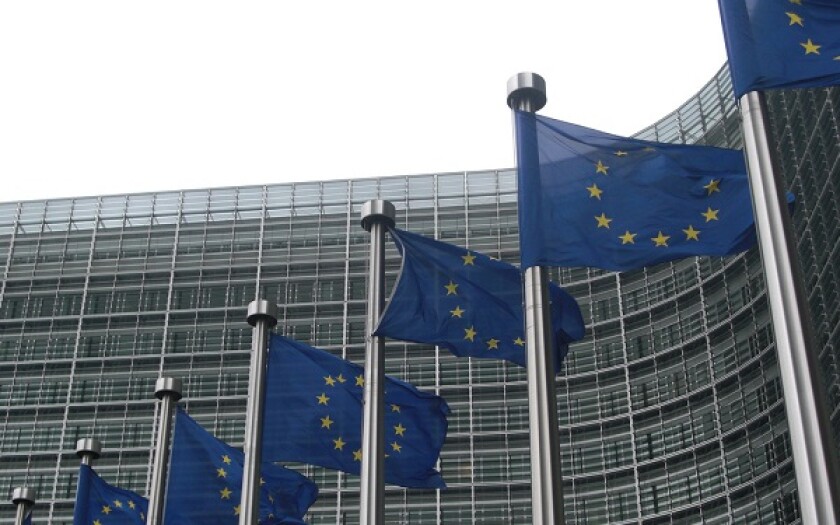The G20/OECD Base Erosion and Profit Shifting (BEPS) action plan recognised that the digital economy might pose challenges for international taxation, and Action 1 of the BEPS action plan called for measures to “address the tax challenges of the digital economy”. The report delivered in October 2015 made recommendations in respect of VAT. However, direct tax matters were to be further worked on. The OECD released Tax Challenges Arising from Digitalisation - Interim Report 2018 on March 16 2018.
In parallel, the European Commission (EC), at the behest of some European governments, started to explore options for taxation of the digital economy and on March 21 2018 issued two draft EU directives.
The G20/OECD proposals
The OECD has observed the following characteristics in highly digitalised business models:
scale without mass;
reliance on intangible assets; and
data and user participation, including network effects.
The report sets out that there is no consensus amongst countries participating in the OECD’s Inclusive Framework on BEPS on the tax implications of these characteristics or how they shape value creation. Countries therefore have different views as to whether, and to what extent, changes are needed to the international tax rules.
A review will be carried out of the taxable presence and profit allocation rules, along with further work on value contribution. The OECD has set a timetable to develop a consensus-based solution by 2020.
The EC proposals
The EC has made specific proposals in the two draft directives; a proposed interim measure on revenues and a longer-term solution considering a taxable significant digital presence.
As an interim measure, the EC is proposing a 3% digital services tax (DST) on the gross revenue resulting from the supply of digital services characterised by user value creation:
online placement of advertising;
sale of collected user data; and
digital platforms that facilitate interaction between users, who can then exchange goods and services directly via the platform.
The measure is targeted at businesses with annual global revenues in excess of €750 million ($898 million) and annual revenues from taxable digital activities in the EU in excess of €50 million. There are specific exclusions for provision of digital content, payment services, online sales of goods or services, and regulated financial services.
The tax applies irrespective of whether a business is established within the EU and the tax will be payable to the member state where the users, via their IP addresses, are located. EU resident businesses will be able to deduct DST from their corporate tax base rather than receive credit for the tax suffered.
As a longer term measure, the EC proposes common EU rules to tax profits generated from a significant digital presence in member states, regardless of physical presence. The proposal would extend the current permanent establishment rules by establishing a taxable nexus where one or more of the following apply on a group basis:
revenues from digital services provided to users located in a member state exceed €7 million;
number of active users of digital services located in a member state exceeds 100,000; or
number of business contracts for digital services concluded by users located in a member state exceeds 3,000.
A digital service is defined as “a service that is delivered over the internet or an electronic network and the nature of which renders their supply essentially automated and involving minimal human intervention”. Services which can and cannot trigger a significant digital presence are listed, and the sale of goods or services online is specifically excluded.
The proposed transfer pricing principles for allocating profits (or losses) to the significant digital presence follow the established methodology of determining profits that would have been earned by a separate independent enterprise taking into account the functions performed, assets used and risks assumed through a digital interface. A number of additional data and user-related criteria are proposed to recognise the value of user participation and data.
The EC proposes that the profit split method should be used to attribute profits to the significant digital presence(s) in most cases. Possible profit splitting factors could include expenses incurred for research, development and marketing as well as the number of users and data collected per member state.
The directive would apply between member states (overriding existing double tax treaties between them) and also where a non-EU business operates through a significant digital presence in a member state and there is no tax treaty in place. The EC recommends that member states update existing double tax treaties with non EU countries to include rules on a significant digital presence and profit allocation in line with the proposals.
Next steps
The directives issued by the EC require unanimous agreement by member states for adoption. If agreement is reached, member states must publish legislation to comply by December 31 2019. The measures would then apply from January 1 2020.
Some member states have expressed reservations on the proposed interim measure, noting that a turnover tax may distort commercial decisions, suggesting that unanimous agreement could be difficult to reach. However, some countries may choose to move forward with the proposals under the enhanced cooperation procedures, or conceivably as an even smaller group.
In practical terms the proposed significant digital presence rules are likely to require broad international consensus as changes will be required to the OECD’s transfer pricing guidelines, the permanent establishment definition in tax treaties and rules on the attribution of profits. It seems ambitious that these complex technical issues could be agreed and addressed in time for implementation in the European Union from January 1 2020.
For businesses it will be important that an international consensus is retained so as to minimise issues of double taxation.

|
Alison Lobb, |
|

|
Associate Director, Tax |










